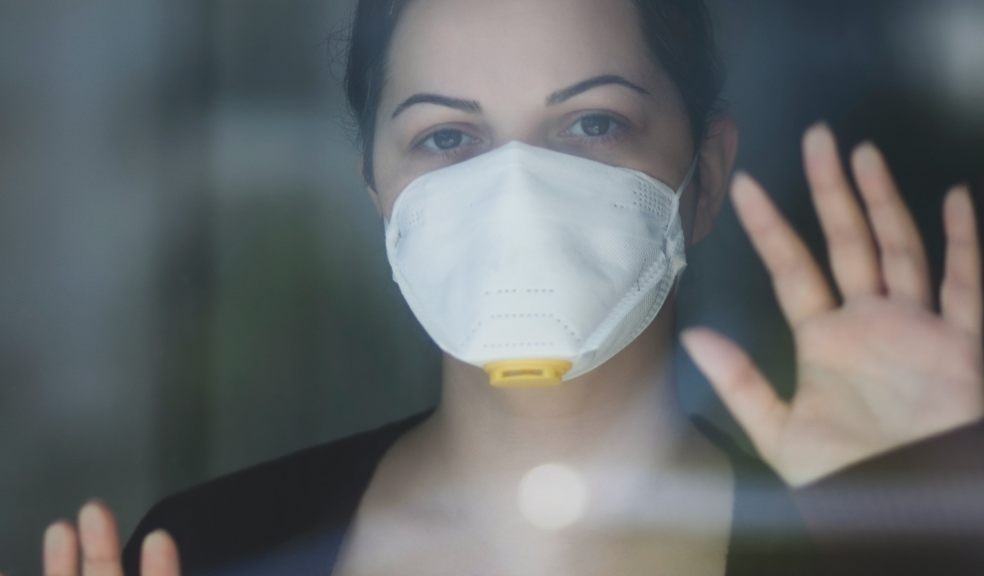
Policymakers must prepare for pandemics as if readying for war
Politicians and businesses must treat pandemics as if their country is preparing for war – they are too focused on the current pandemic and not paying enough attention to developing strategies to lessen the impact of the next one, researchers reveal.
Governments must develop effective strategies to identify and control new risks – examining the roles played by citizens and the boundaries between citizen and state, with researchers identifying three key areas that are critical for the UK as the country prepares for the next pandemic:
• Personal responsibility – what citizens can do for themselves and society. Vaccination, for example, reduces personal risk of death and serious illness, but only suppresses the pandemic if the majority of citizens take part.
• Boundaries between personal or community responsibility and state action – in the UK failings existed long before COVID-19. For example, in the UK, individuals, charities, and businesses provided food packages to families in need where Government was slow to respond. This highlights the need to enhance community resilience.
• Education as a cornerstone of responsible and effective citizenship – school children of the COVID generation, for example are arguably embedding new standards of hygiene previously only practiced by medical practitioners, but the educational system must include a focus on pandemic preparedness.
Publishing their findings in the book ‘Living with Pandemics: Places, People and Policy’, the researchers call for a global discussion on risk identification - arguing that the primary policy response to a pandemic should focus on stopping pandemics from occurring.
Co-author Professor John Bryson, from the University of Birmingham, commented: “Bill Gates was right in calling for us to treat pandemics as if our country was preparing for war. We now face a new form of risk society with COVID-19 as one indicator of the new forms of risk that everyone living on this planet is exposed to.
“The danger is that government focuses on immediate distractions, without developing effective strategies to identify and control new forms of risk. COVID-19 highlights that the first policy response to a pandemic should focus on investments intended to avoid pandemics from occurring. This includes identifying potential new biological risks as well as appreciating that climate change will enhance the conditions for virus transmission – with climate change we can expect more epidemics and pandemics.”
The researchers highlight that understanding the origins and impacts of a pandemic requires a careful appreciation of the complex interrelationships between people, place, policy, and history.
They note that tensions between personal and ‘social’ responsibility occurred throughout the pandemic – for example, balancing the needs of the economy against an immediate need to reduce infection rates and driving a policy trade-off between livelihoods, morbidity, and mortality. Consumer behaviour altered with calls to ‘shop local’ intensifying and independent businesses experiencing higher demand – thanks to an appreciation that local shops add value to the fabric of local communities. The pandemic also challenged deepening globalisation by highlighting the risks of over-dependency on global rather than local supply chains, and for the UK local does not mean sourcing from the European Union.
Debates about the speed of vaccine roll-out, and the quality of test and trace services highlighted citizens’ expectations about the level of government service. This sparked a wave of citizen action, but also challenged people to think about the types of state they want and how much they are willing to pay for it.
Daily exposure to figures on infection rates, death rates, and hospital occupancy – in a context of heightened stress over government policy – demonstrate the importance of statistical literacy in understanding the realities of life during the pandemic and in underpinning alterations made by responsible citizens concerned with reducing transmissions rates.













